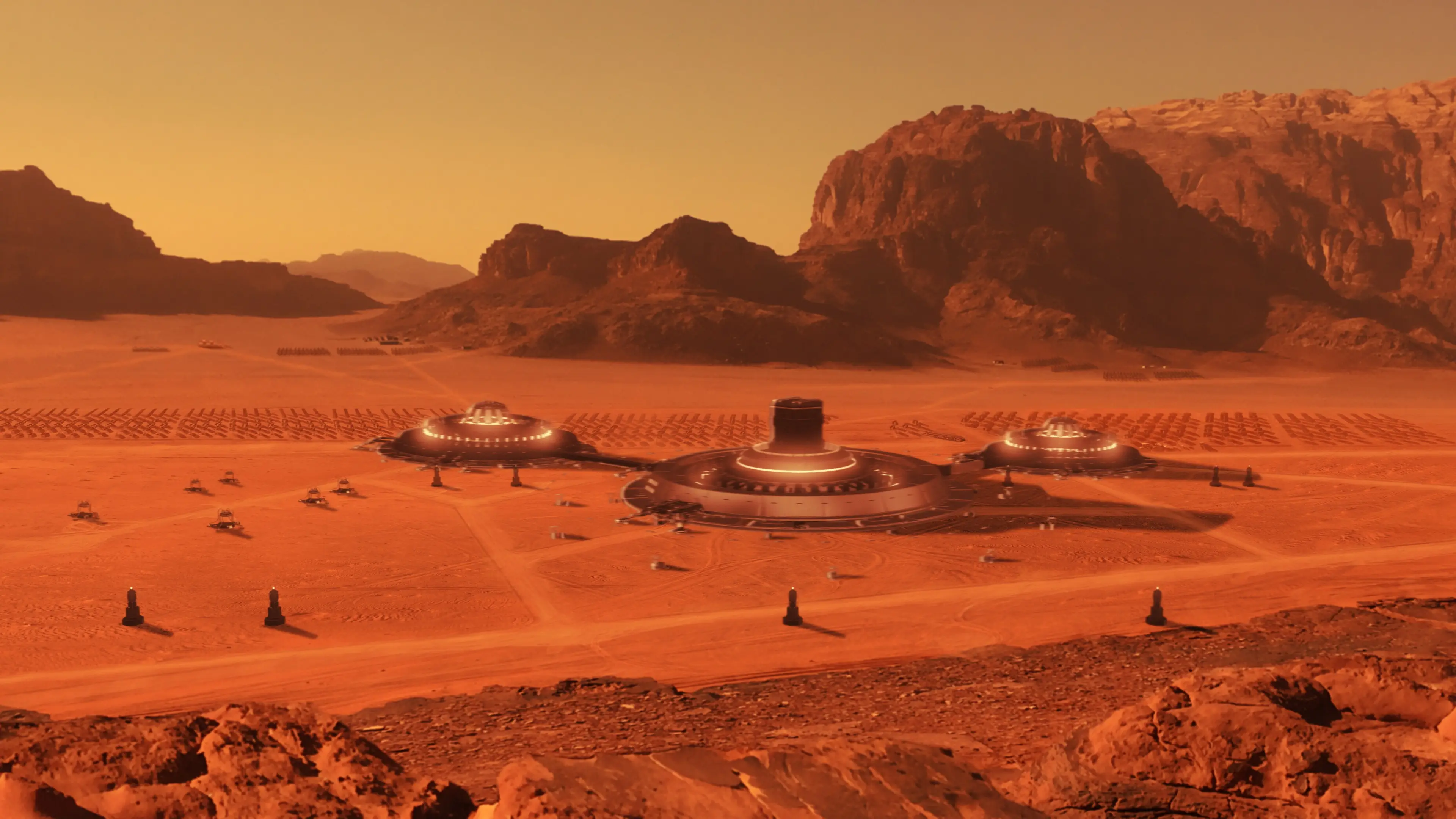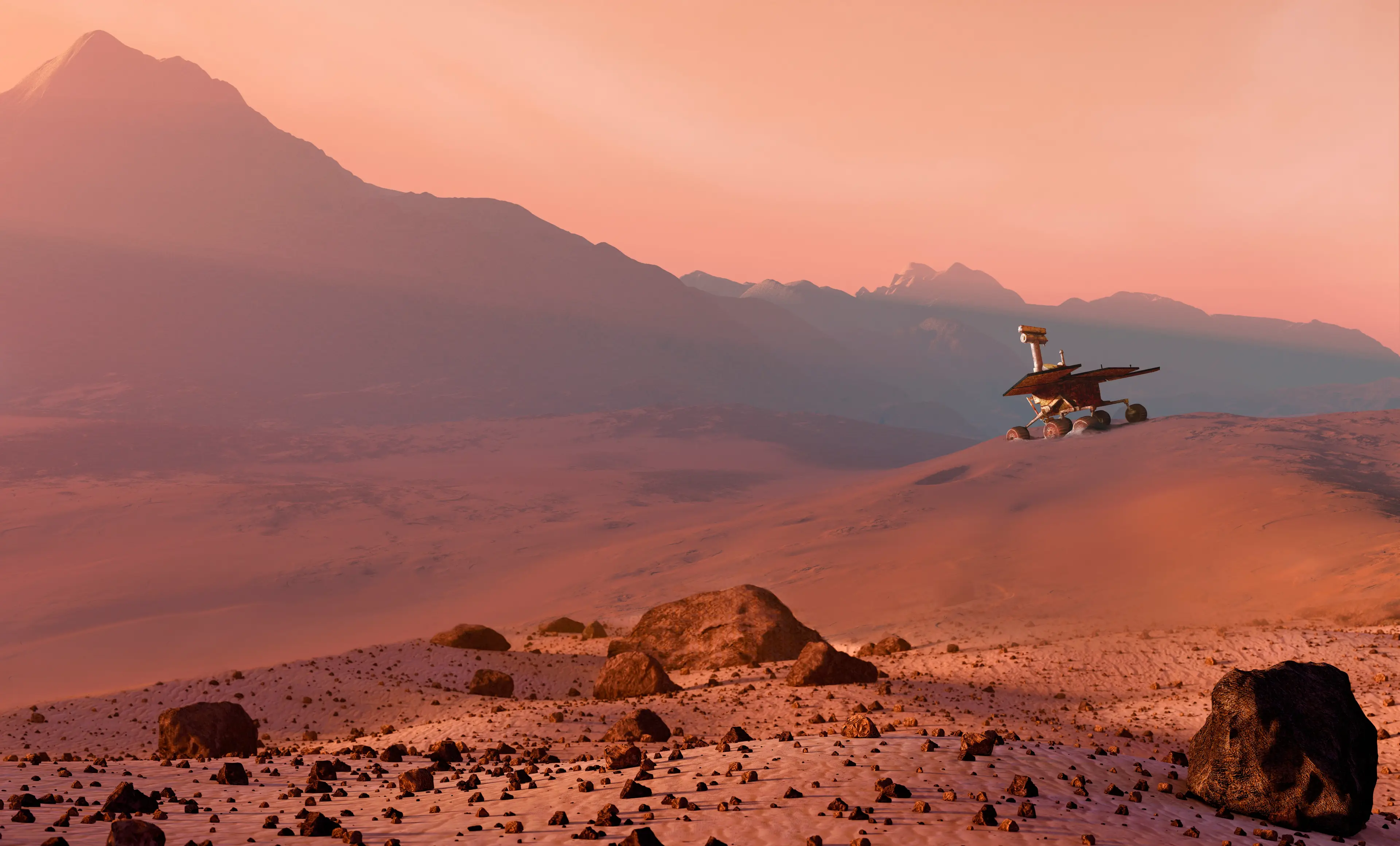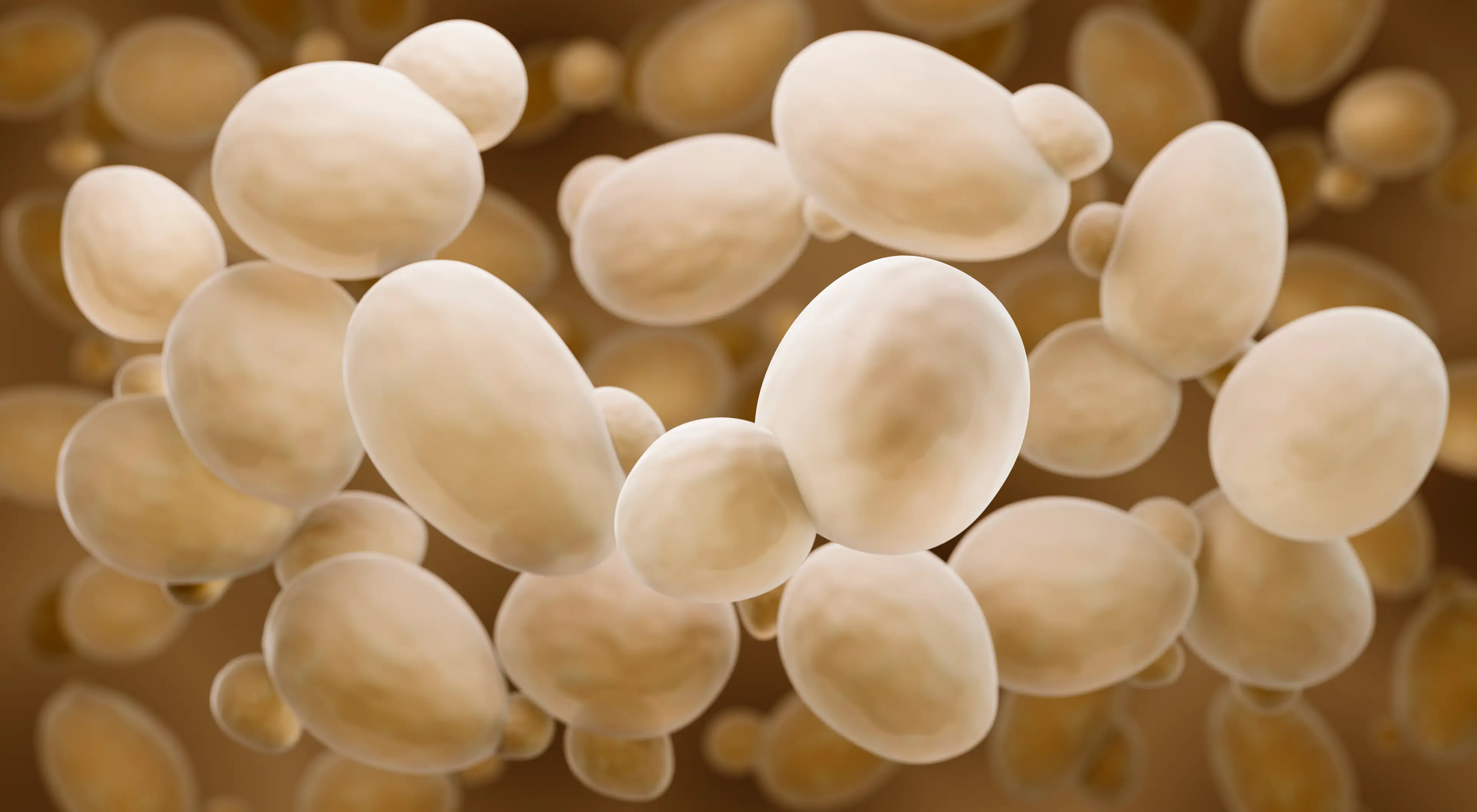
Humanity’s plans to eventually colonise Mars have been given a major boost after scientists made a huge discovery.
Both NASA and Elon Musk have announced their various plans to send humans to Mars for the first time in the coming years, including SpaceX’s plans to colonise the red planet and set up liveable cities.
SpaceX have been working with NASA for years on plans to make Mars habitable for humans, and to make it possible for people to make it there, with their huge Starship rockets having this week completed their 11th test launch.
When discussing the idea of colonising Mars and making cities liveable for humanity in space, however, there are many major stumbling blocks that still need to be overcome, including the production of food.
Advert
Astronauts are able to create yeast using just their breath thanks to advancements in science that has allowed NASA to create ‘space yeast’, something that will be incredibly useful based on brand new findings around the survivability of yeast on Mars.

This sees them put water, yeast starter, and air into a machine that is able to then create a ‘protein shake textured-yeast’ that can then be rolled and turned into pasta or tortillas.
Discovered in 2023 at a Deep Space Food Challenge, for this to be viable on Mars is a whole other issue due to the extreme climate and challenges.
Between the planet’s radiation, shock waves, and extreme temperatures, food’s ability to survive has been a major question mark within the plans to colonise the red planet.
Thankfully though, it has been revealed in a new peer-review scientific study that yeast is able to survive on Mars.
Published in PNAS Nexus yesterday, scientists subjected Saccharomyces cerevisiae, known as Baker’s yeast, to the conditions that food would experience on Mars.
This includes shock waves that would be caused by the asteroids that regularly strike the planet and ‘percolates’, a toxic chemical found in Martian soil.

The yeast was able to survive 5.6 Mach intensity shock waves and 100 mM sodium salt of perchlorate, which replicates the conditions of Mars, as well as a combined stress of both.
When stressed, yeast, humans, and organisms, often form something called ribonucleoprotein (RNP) condensates, a structure made of RNA and proteins.
The study found that under the effect of the shockwaves and perchlorate, the yeast formed RNP condensates.
Authors of the study wrote: “This study, a first of its kind, highlights the importance of RNP condensates in understanding the impact of Martian conditions on life in general.
“This study paves the way for using RNP condensates as a biomarker for assessing the health of life forms during space explorations.”
They went on to point to how vital it is to proving the possibility that life can survive in extraterrestrial conditions.
Whilst the plans by SpaceX and NASA to put people on Mars by 2040 may be audacious, this study shows that humanity may be a lot closer than we think.